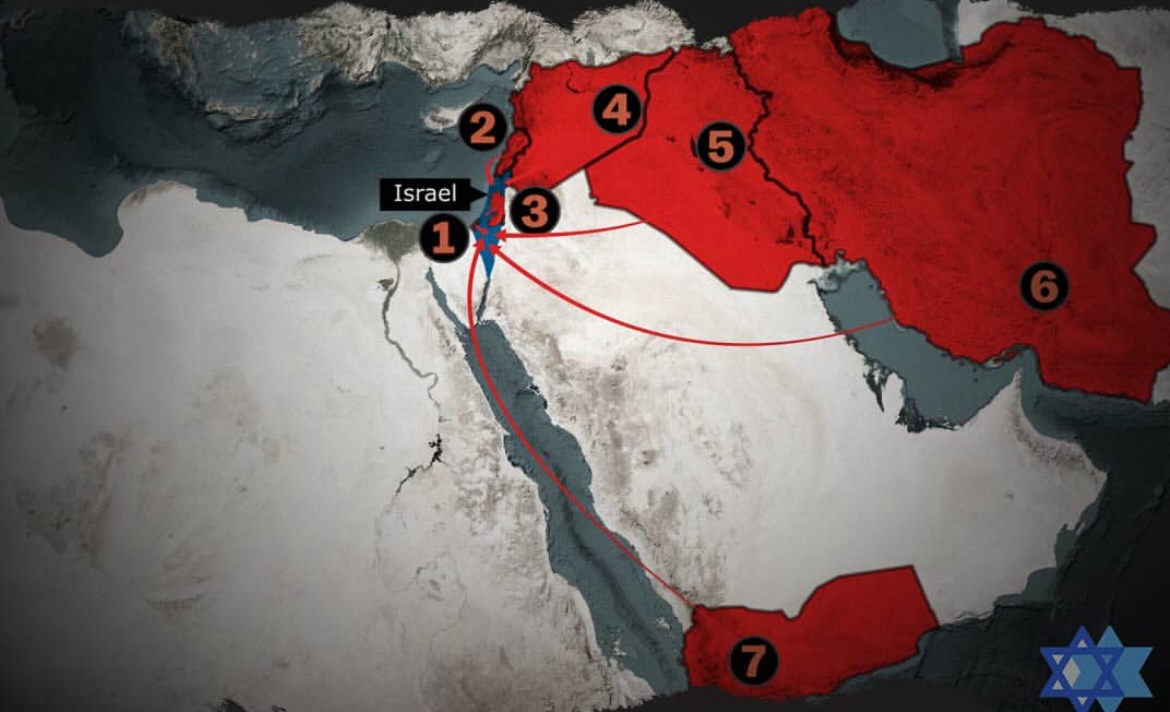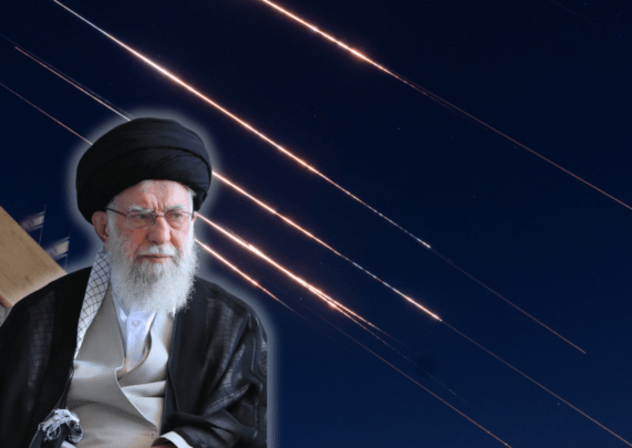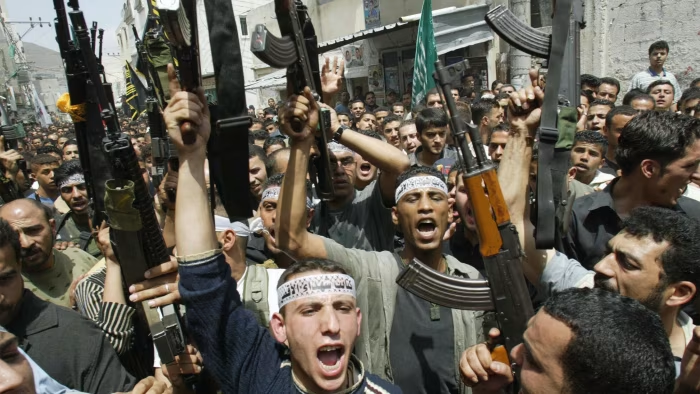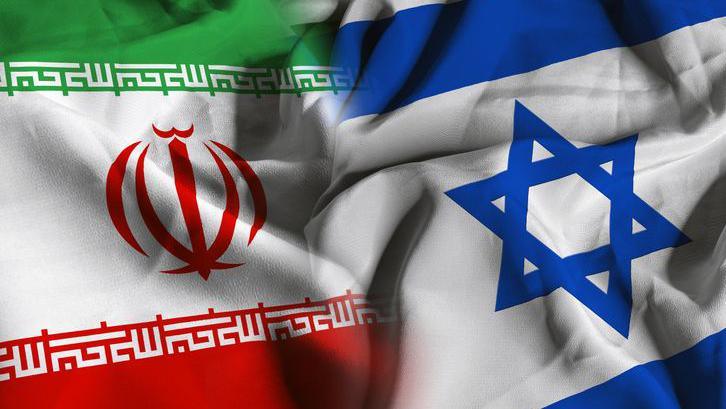JERUSALEM — Recent Israeli military actions targeting sites within Iran, designated 'Operation Am Kelavi' by Israeli officials, have significantly escalated regional tensions and ignited a contentious global debate. The core of the dispute revolves around Israel's assertion that the operation was a necessary act of pre-emptive self-defense against an imminent Iranian nuclear threat, a claim that faces scrutiny amidst international calls for de-escalation and differing intelligence assessments.
The Justification: An Imminent Threat?
Israeli government statements have consistently framed 'Operation Am Kelavi' as a 'reluctant but necessary' act of pre-emptive self-defense, undertaken as a last resort. Officials assert that intelligence assessments indicated Iran was perilously close to a nuclear 'point of no return,' thereby posing an existential threat to Israel. 'For years, we patiently endured and contained the aggression of the Iranian regime – the world's largest exporter of terror, hatred, and instability. We pursued diplomacy, we issued warnings, but the tyrannical regime in Tehran only accelerated its march towards a nuclear weapon, a weapon it explicitly promised to use for our annihilation,' a senior Israeli defense official stated in a recent briefing. 'When faced with an imminent, existential threat and with all other options exhausted, Israel acted.'
This primary justification, however, has been questioned by various international bodies and intelligence sources. Reports citing U.S., other Western, and International Atomic Energy Agency (IAEA) intelligence assessments have suggested that while Iran's nuclear program is advanced, a definitive political decision by Tehran to weaponize had not been confirmed, and that Iran remained some distance from possessing a deliverable nuclear weapon. These assessments have fueled arguments that the immediate threat level might not have met the threshold for pre-emptive military action.
In response to these differing viewpoints, Israeli sources underscore the Iranian regime's documented history of duplicity regarding its nuclear ambitions and its openly declared genocidal intentions towards Israel. 'The Iranian regime cannot be trusted – they lie by nature, and negotiations have failed in the past. This is a historic opportunity to end the threat for good,' an Israeli foreign ministry spokesperson commented. Proponents of the operation argue that for Israel, which faces explicit threats of annihilation, the interpretation of 'imminent threat' must necessarily consider the aggressor's stated intent and relentless pursuit of capabilities to achieve it.
Operational Conduct: Precision Versus Collateral Impact
Regarding the execution of 'Operation Am Kelavi,' Israeli military spokespersons have emphasized the 'surgical precision' of the strikes. They maintain that the operation meticulously targeted senior military and terrorist leaders within the Iranian Revolutionary Guard Corps (IRGC), key nuclear program scientists, and critical weapons manufacturing and storage infrastructure. 'Our story is a story of sharp moral contrast: Israeli precision against Iranian terror; Israeli defense of life against the Iranian regime's death cult,' an official Israeli narrative states. 'We acted to protect our families, but in doing so, we protected the entire world from a nuclear-armed Ayatollah regime.' Furthermore, Israeli legal experts have sought to justify the operation under the modern doctrine of anticipatory self-defense, arguing it is permissible under international law when facing an undeniable and imminent threat from a regime that has consistently violated its NPT commitments and sponsors global terrorism.
These claims of surgical precision have been challenged by reports from multiple international news organizations, including AP and Al Jazeera, which have cited Iranian sources and local accounts detailing significant civilian casualties and widespread fear in Iranian cities affected by the strikes. The AP, for instance, cited a figure of 585 casualties. Concurrently, some analysts have voiced concerns that Israeli strikes may have encompassed objectives not directly linked to Iran's nuclear or ballistic missile programs, such as oil facilities and sites near residential areas, leading to an emerging narrative that the operation may have broader goals, including 'regime change.' The legality of the initial attack is also being questioned under international law, with some analyses suggesting it may be viewed as a 'preventive' strike rather than legitimate 'preemptive self-defense,' the latter typically requiring a more immediate, overwhelming threat.
Israeli officials have countered these reports by stating that any unintended harm to civilians, while deeply regrettable, is the direct consequence of the Iranian regime's 'illegal and cynical practice of embedding military assets within civilian areas.' They reiterate that the primary targets were legitimate military objectives integral to Iran's offensive capabilities and its support for terror proxies. 'Israel targets senior military and terrorist sites, while Iran indiscriminately fires heavy missiles at civilian areas, already killing Israeli civilians,' an Israeli military brief noted, highlighting Iran's own retaliatory strikes that reportedly hit a major hospital in Beersheba and residential areas in Tel Aviv, causing Israeli civilian casualties.
Regional Impact: De-escalation or Wider War?
Israel's strategic messaging has presented 'Operation Am Kelavi' as a de-escalatory measure designed to prevent a far larger regional conflagration. According to this view, the operation neutralized an existential threat before it could mature and trigger a catastrophic, potentially nuclear-armed conflict. 'This limited action restored deterrence and created long-term stability by neutralizing an existential threat,' a former Israeli intelligence official, speaking on condition of anonymity, suggested. 'Through sophisticated deception and crippling strikes on launch sites, Israel paralyzed Iran's command structure, reducing its planned missile retaliation by an estimated 80% and successfully deterring proxies like Hezbollah.'
This interpretation is sharply at odds with the dominant narrative in many international circles, which frames Israel as the initiator of the current kinetic phase of the conflict, thereby dangerously escalating regional tensions. Iran's demonstrated capability to launch significant missile barrages, some of which reportedly penetrated Israeli air defenses, has challenged portrayals of absolute Israeli technological superiority and its ability to control escalation. The situation has prompted urgent calls from international actors, including the United Nations, the European Union, Russia, and Australia, for an immediate ceasefire, de-escalation, and a return to diplomacy. These calls contrast with Israel's position that diplomacy had been exhausted and that the operation itself was a necessary step towards a more secure future.
Israeli officials maintain that the long history of Iranian aggression, through direct attacks and the extensive use of proxy forces, necessitates a re-evaluation of which party is truly the escalator. 'We are not the aggressor; we are the region's and the world's last line of defense against fanaticism,' an Israeli government statement reiterated. 'This action was a blow for freedom, a favor to the oppressed people of Iran, and a necessary step towards a safer, more stable world for all.'
The Narrative Battle and International Standing
Israel has actively promoted a narrative of 'reluctant but necessary heroism,' positioning itself as a defender of the free world against a regime it describes as the 'greatest engine of terror, extremism, and hatred on the planet.' Key messages emphasize a moral obligation for democratic nations to support the Iranian populace against their 'violent, extremist, religious regime.' The chosen operational name, 'Am Kelavi' (Nation of Slingers), is intended to evoke this image of a smaller nation courageously defending itself against a formidable foe.
However, this narrative has encountered significant headwinds. The name 'Am Kelavi' itself has not gained widespread international media traction, with many outlets continuing to use other designations like 'Operation Rising Lion.' More broadly, Israel's international moral standing, crucial for garnering support for its actions, continues to be heavily eroded by the ongoing Gaza crisis, marked by high Palestinian civilian casualties and persistent 'genocide' accusations from various quarters. This complex backdrop complicates Israel's efforts to project moral clarity in its conflict with Iran. Furthermore, notable divisions have emerged within the U.S. public opinion, including among some conservative figures who have questioned direct U.S. military involvement and the extent of support for Israel's current campaign.
Advocates for Israel's position argue that these challenges should not detract from the primary threat posed by Iran. 'The world should praise Israel for doing it a massive favor by confronting the Iranian regime,' a commentator aligned with Israeli government thinking stated. 'To stand by while a regime with such destructive ideology marches towards nuclear weapons is not a sustainable or moral option for the international community.'
As the repercussions of 'Operation Am Kelavi' continue to reverberate, the international community remains deeply divided. The debate over the operation's justification, legality, and its true impact on regional stability is far from settled. Future assessments will likely hinge on whether these actions are ultimately perceived as a decisive step towards mitigating a grave threat, or as a catalyst for a more perilous and widespread conflict in the Middle East.



